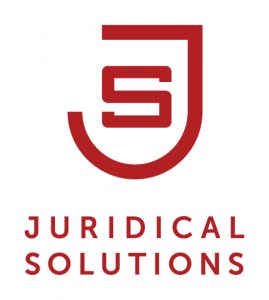 Alternate Dispute Resolution (ADR)
Alternate Dispute Resolution (ADR)
These Alternate Dispute Resolution (ADR) procedures are each unique and have an important role to play in assisting litigants or would-be litigants in resolving disputes without the cost, time, publicity and delay that may be encountered in going to Court and litigating a case through trial and possible appeals. Juridical Solutions PLC offers ADR Services in numerous substantive areas in which disputes arise, including:
- Business and Commercial
- Commercial Leases
- Construction
- Domestic Relations (Family Law)
- E-Discovery (Electronically Stored Information Discovery)
- Employment
- Environmental Law
- Health Care Educational Institutions
- Intellectual Property
- Labor/Employment
- Mass Torts & Multi-District Litigation
- Personal Injury
- Premises Liability
- Product Liability
- Professional Malpractice
- Real Estate/Land Use
- Securities
- Trust & Estates
Mediation
“Mediation is a consensual process in which the disputing parties decide the resolution of their dispute themselves with the help of a mediator, rather than having a ruling imposed upon them. The parties’ participation in the mediation, often accompanied by counsel, allows them to reach results that are tailored to their interests and needs, and leads to their grater satisfaction in the process and results. Moreover, disputing parties often reach settlement earlier through mediation, because of the expression of emotions and exchanges of information that occur as part of the mediation process.”
Mediation may be productively used in virtually any type of dispute. It is particularly helpful in assisting parties in reaching beyond the “Win-Lose” mindset of many litigants, and working on solutions that satisfy both parties without the cost, delay, and uncertainty of litigation. To this end, Juridical Solutions plc provides the services of Senior Professionals who have had years of experience in the resolution of simple and complex disputes involving virtually all types of disputes that arise in our society.
Arbitration
Mediation-Arbitration
- Med-Arb is purely voluntary: it is only used if both parties agree to do so in advance of the Mediation.
- It provides an efficient procedure for the parties to resolve their disputes on a voluntary basis, and at the same time be assured that all issues will be resolved at the end of the process.
- When combined with a high-low agreement an agreement between the parties as to the minimum and maximum amount of an award which is not disclosed to the neutral Mediator or Arbitrator), it gives the parties substantial control as to the contours of the final resolution of their dispute.
Get In Touch
More Info
Juridical Solutions PLC provides professional, efficient, and prompt ADR services to help you solve problems and settle your dispute. The retired Judges of JS are committed to being trustworthy neutrals who listen, understand, and respond to your needs.
New Address PO Box 4137
Leesburg, VA 20177
Phone: 1-888-392-874

